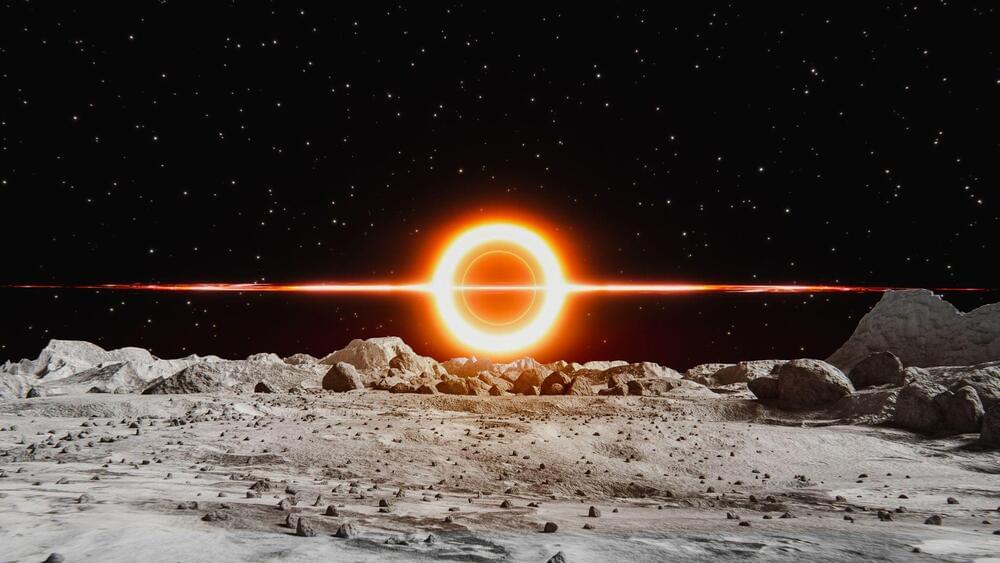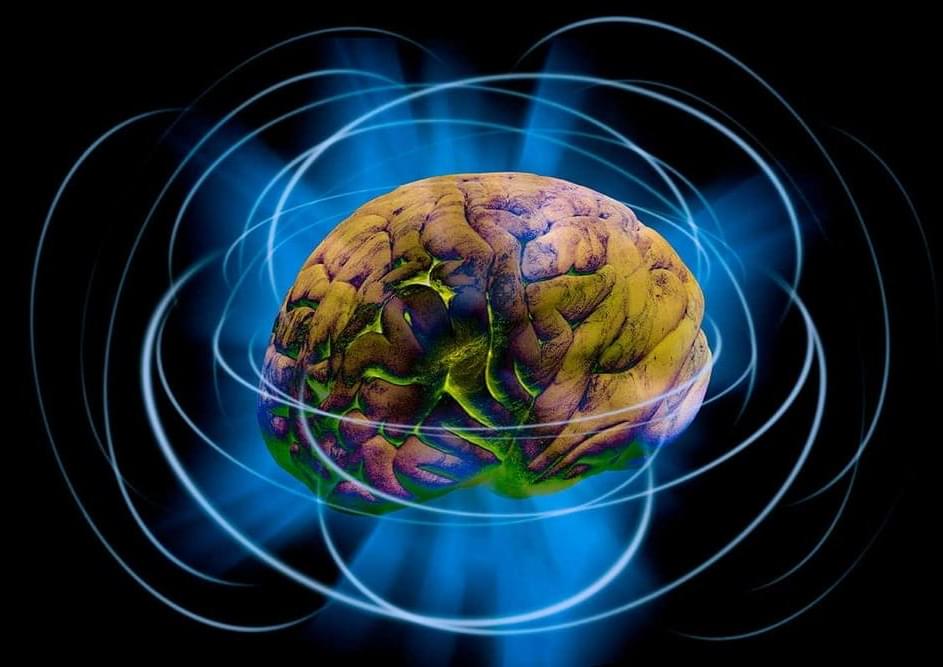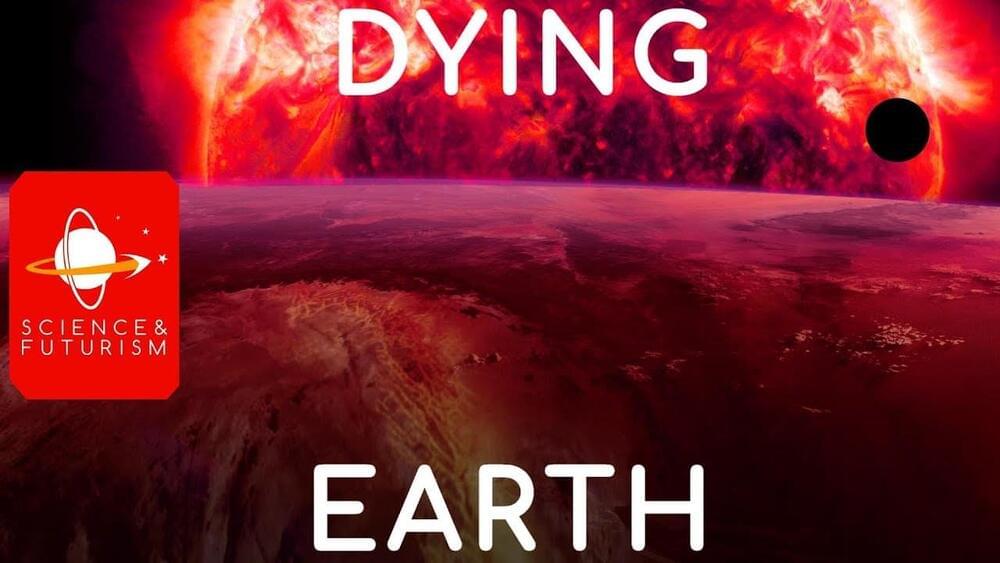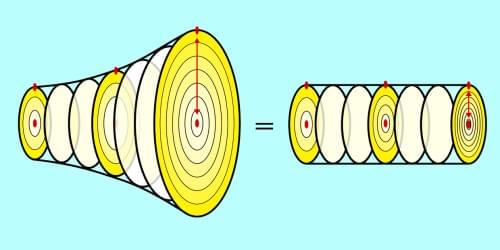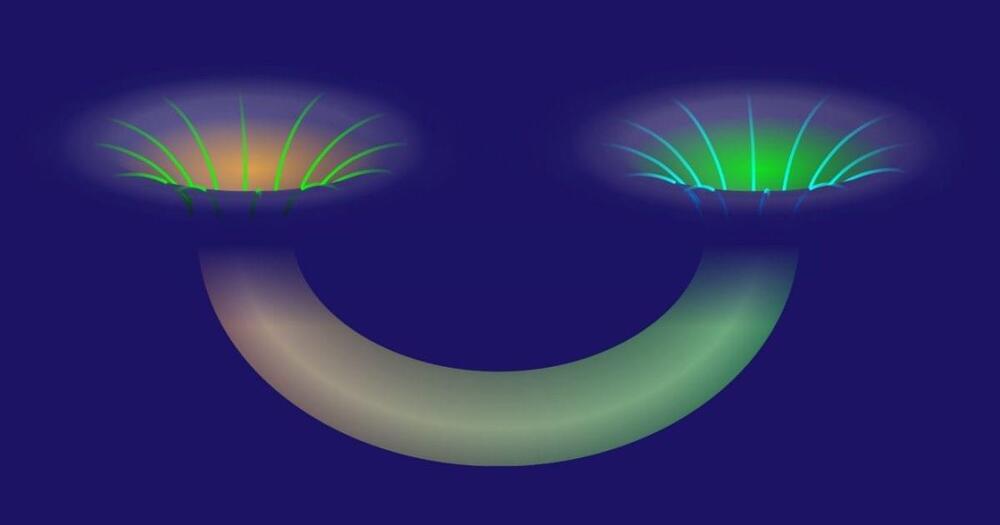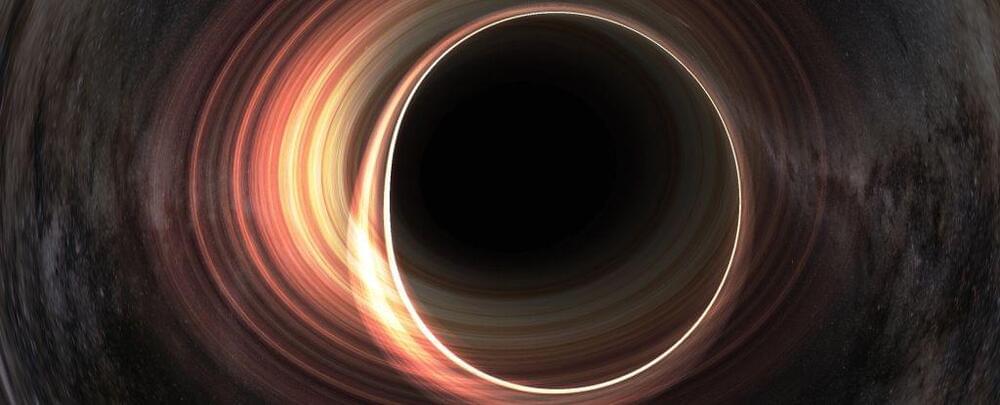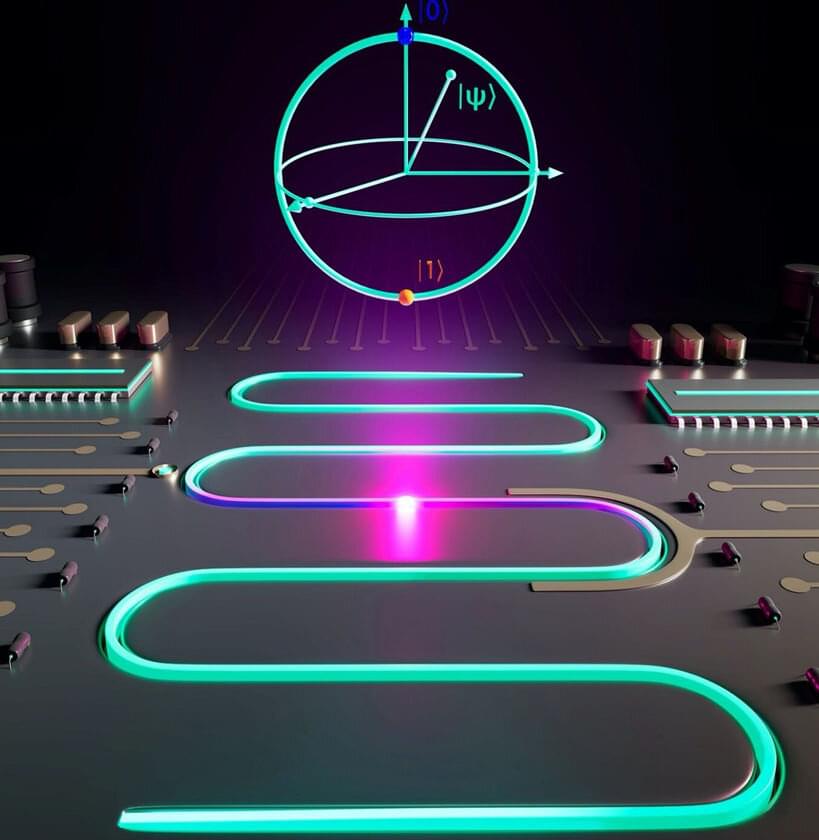Nov 16, 2022
An on-chip time-lens generates ultrafast pulses
Posted by Saúl Morales Rodriguéz in categories: biotech/medical, computing, quantum physics
Femtosecond pulsed lasers—which emit light in ultrafast bursts lasting a millionth of a billionth of a second—are powerful tools used in a range of applications from medicine and manufacturing, to sensing and precision measurements of space and time. Today, these lasers are typically expensive table-top systems, which limits their use in applications that have size and power consumption restrictions.
An on-chip femtosecond pulse source would unlock new applications in quantum and optical computing, astronomy, optical communications and beyond. However, it’s been a challenge to integrate tunable and highly efficient pulsed lasers onto chips.
Now, researchers from the Harvard John A. Paulson School of Engineering and Applied Sciences (SEAS) have developed a high-performance, on-chip femtosecond pulse source using a tool that seems straight out of science fiction: a time lens.

